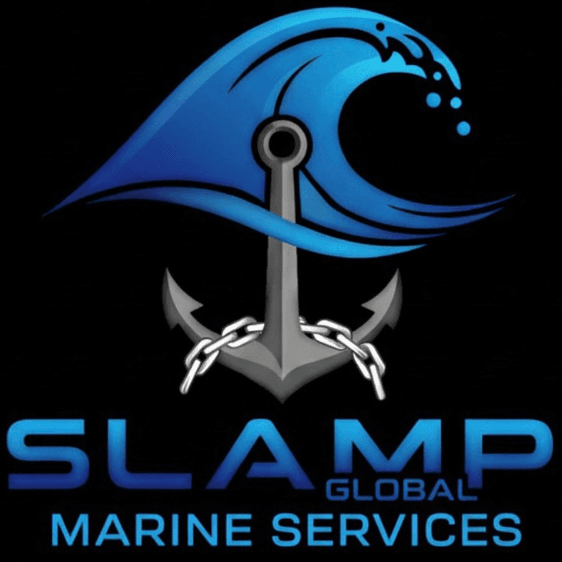Choosing the Right Ship Chartering Solution for Your Business Needs
SG
Understanding Your Business Needs
Choosing the right ship chartering solution is crucial for ensuring smooth and efficient operations. Before diving into options, it’s essential to understand your specific business needs. Consider factors such as the type and volume of cargo, frequency of shipments, and specific routes. These elements will influence the type of chartering solution that best suits your business.
Additionally, assess your budget and time constraints. Having a clear understanding of these aspects will help in narrowing down the most viable options, ensuring that you choose a solution that aligns with your operational goals.

Types of Ship Chartering Solutions
Time Charter
A time charter involves hiring a vessel for a specific period. This option provides flexibility, allowing you to control the vessel's itinerary and operations. It is ideal for businesses with frequent shipments and those requiring control over the cargo handling process.
Voyage Charter
With a voyage charter, you hire a ship for a one-way journey between specified ports. This option is often more cost-effective and is suitable for businesses with less frequent shipments. The shipowner is responsible for the vessel’s operation, including crew and maintenance.

Bareboat Charter
A bareboat charter involves leasing a vessel without crew or provisions. The charterer is responsible for all operational aspects, making this option suitable for businesses with maritime expertise. It offers complete control but requires significant resources and knowledge.
Evaluating Potential Providers
Once you've determined the type of chartering solution that fits your needs, the next step is evaluating potential providers. Look for companies with a strong reputation, proven track record, and robust customer service. Checking reviews and testimonials can provide valuable insights into their reliability and performance.

Negotiating Terms and Conditions
Negotiating the terms and conditions of your charter agreement is crucial. Pay close attention to clauses related to pricing, liability, and cancellation policies. Ensure that all terms are clearly defined to avoid misunderstandings. Working with a legal expert can be beneficial in ensuring that your interests are protected.
Choosing the right ship chartering solution involves careful consideration and analysis. By understanding your needs, evaluating different types of charters, and thoroughly vetting potential providers, you can make an informed decision that supports your business objectives.
